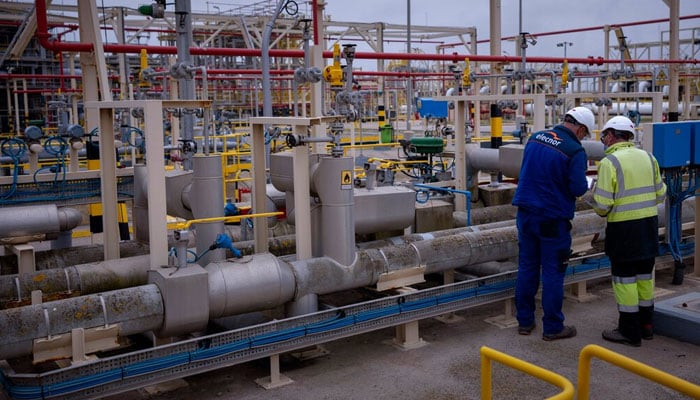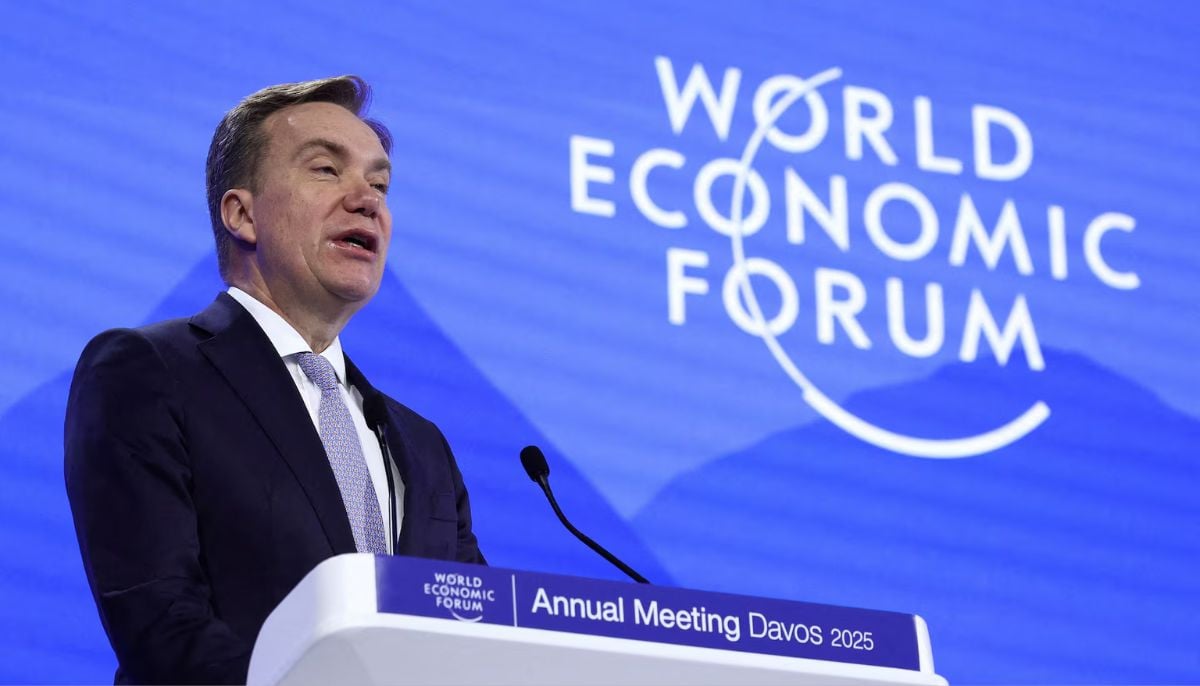Denmark declares 'early warning' over Russia gas supply worries
The European Union has established a system to allow member states to flag up impending energy supply difficulties using three ascending levels of alerts -- beginning with "early warning", followed by "alert", then "emergency"
STOCKHOLM: Denmark´s energy agency declared a first level "early warning" alert over worries of its gas supply, due to uncertainty on energy imports from Russia because of the ongoing war in Ukraine.
The European Union has established a system to allow member states to flag up impending energy supply difficulties using three ascending levels of alerts -- beginning with "early warning", followed by "alert", then "emergency".
The system allows for mutual assistance from other EU countries, but could also mean a start to rationing supplies.
On Monday, the deputy director of the Danish Energy Agency, Martin Hansen, issued the first level warning.
"This is a serious situation we are facing and it has been exacerbated by the reduction in supplies," Hansen said in a statement.
Currently Denmark´s gas stocks are about 75 percent full, "and gas has been added in recent days", the agency said in a statement.
The declaration comes after Danish energy company Orsted announced at the end of May that delivery of Russian gas to the Scandinavian country would be suspended from June 1, after Orsted refused to settle the payment in rubles.
Gas represents 18 percent of the energy consumed each year in Denmark. Domestic production accounted for three-quarters of the gas consumed in 2019.
Russia is one of the main sources of natural gas imports, according to the Danish Energy Agency.
The Netherlands also announced Monday it will lift restrictions on coal-fired power generation, a day after Germany and Austria took similar steps to alleviate their reliance on Russian gas supplies.
-
Kash Patel fires FBI officials behind Trump Mar-a-Lago documents probe, reports say
-
Cuban government says boat full of armed men fired on border guards, killing 4
-
FIFA World Cup security concerns spike after recent cartel violence in Mexico
-
Passenger wins £10,000 payout from Heathrow Airport after 100 ml liquids dispute
-
Chinese astronauts finally reveal why spacecraft left them ‘stranded’ for 437 days in space
-
Sinitta makes shock admission about marriage to Andy Willner post Simon Cowell heartbreak
-
Bill Gates calls ties to Jeffrey Epstein 'huge mistake,' reveals past 'affairs'
-
Switzerland announces one-time compensation for Swiss bar fire victims












